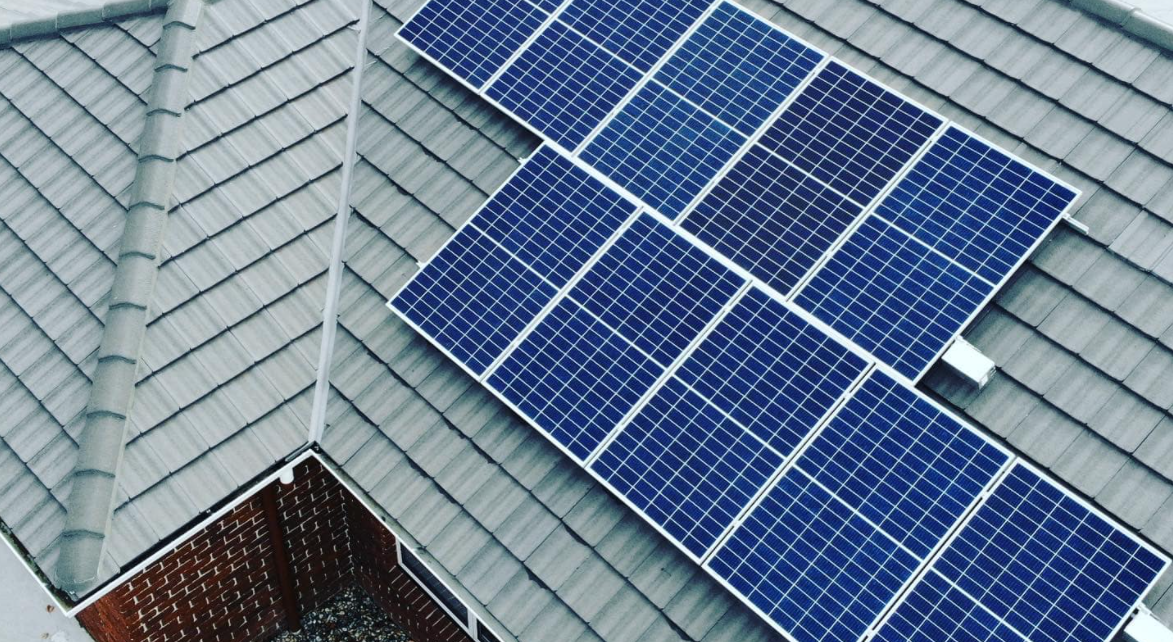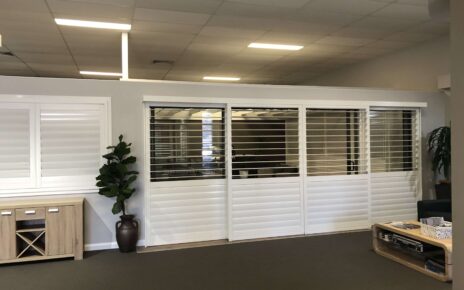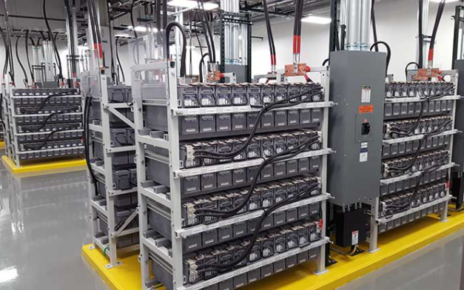Solar panels are a product that is becoming increasingly popular in the market. But due to its novelty for the general public, many people who are entering the solar sector for the first time with the intention of undertaking an installation of solar panels in their home wonder what are the criteria that they must analyze to decide which panels to use in your self-consumption facility.
There are many criteria to take into account, but the most important are the ones listed below: efficiency of photovoltaic cells, classification, durability, the resistance of the panels, and guarantees offered by the manufacturer.
Factors to take into account
Next, we explain how the aforementioned factors should be analyzed in order to choose a solar panel based on its quality and performance.
1. Classification of solar panels
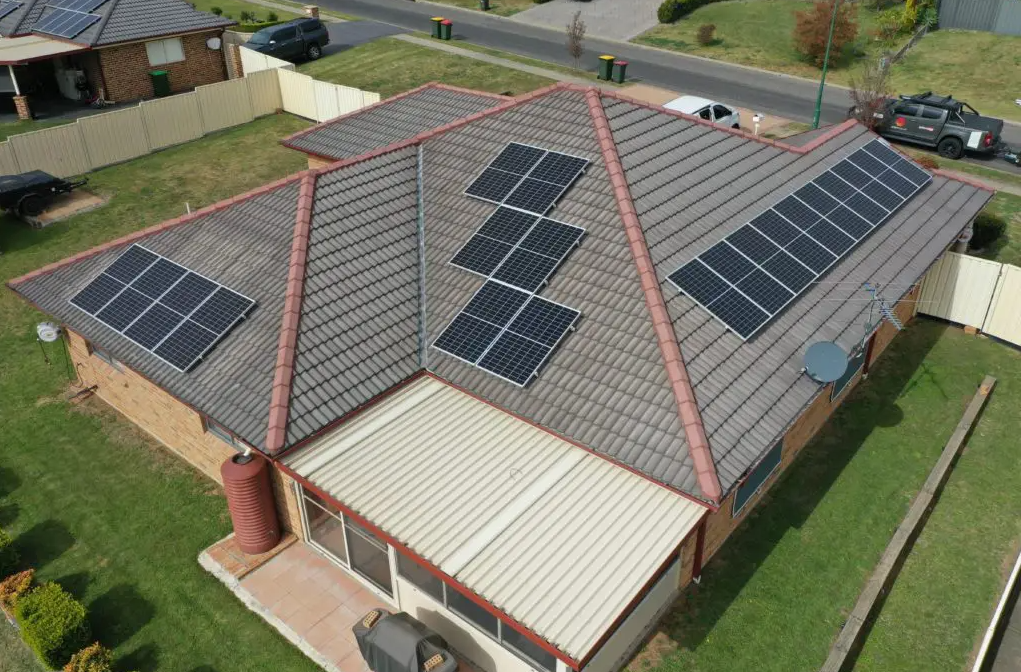
In the commercial field, photovoltaic solar panels are classified according to their peak power (Wp), which is the output power or amount of energy that they can produce under standard conditions (STC: irradiation of 1000 W / m2, the temperature of the cell of 25ºC and AM spectral distribution of 1.5G).
This peak power is the one indicated in the product’s technical sheet. These ideal conditions are only reached a few times throughout the life of the solar panel. However, this classification is very useful to compare different brands of panels with each other.
The powers that are available in the market range from 200W to 350W . The higher the classification of the panels, the more effective they will be in producing energy.
2. Output power tolerance of solar panels
During the manufacturing process of solar panels, not all are identical, but there is a small dispersion. When we refer to the power tolerance, we are talking about how much the real power (in%) can differ from the classification that is reflected in the panel’s technical sheet.
For example, a 300W panel with a tolerance of +/- 5% can produce between 285W and 315W depending on various factors. The lower the power tolerance the better. We will also have greater certainty in relation to the behavior of the panel. Ideally, choose panels with positive tolerance.
These two previous factors (tolerance and classification) must be analyzed together.
3. Performance of solar panels
The performance of a panel represents the efficiency with which a solar panel converts solar energy into electrical energy. The higher the performance, the more the hob generates kWh of energy per watt of power capacity.
That is, a high-efficiency solar panel generates more electricity than a panel with a standard efficiency. Performance is a determining factor if you have limited space on your roof and pay high electrical bills.
4. Temperature coefficient
Although photovoltaic panels are specifically designed to take full advantage of the sun, high temperatures can reduce the energy harvesting capacity of the panel.
The temperature coefficient of the solar panel quantifies how the power of the panel decreases with temperature when it exceeds 25ºC (standard temperature used in tests and trials). As a general rule, for every 2ºC increase over the reference 25ºC, solar panels produce 1% less.
The solar photovoltaic that is insensitive to temperature changes, perform best and greater long – term performance.
5. Solar panel quality
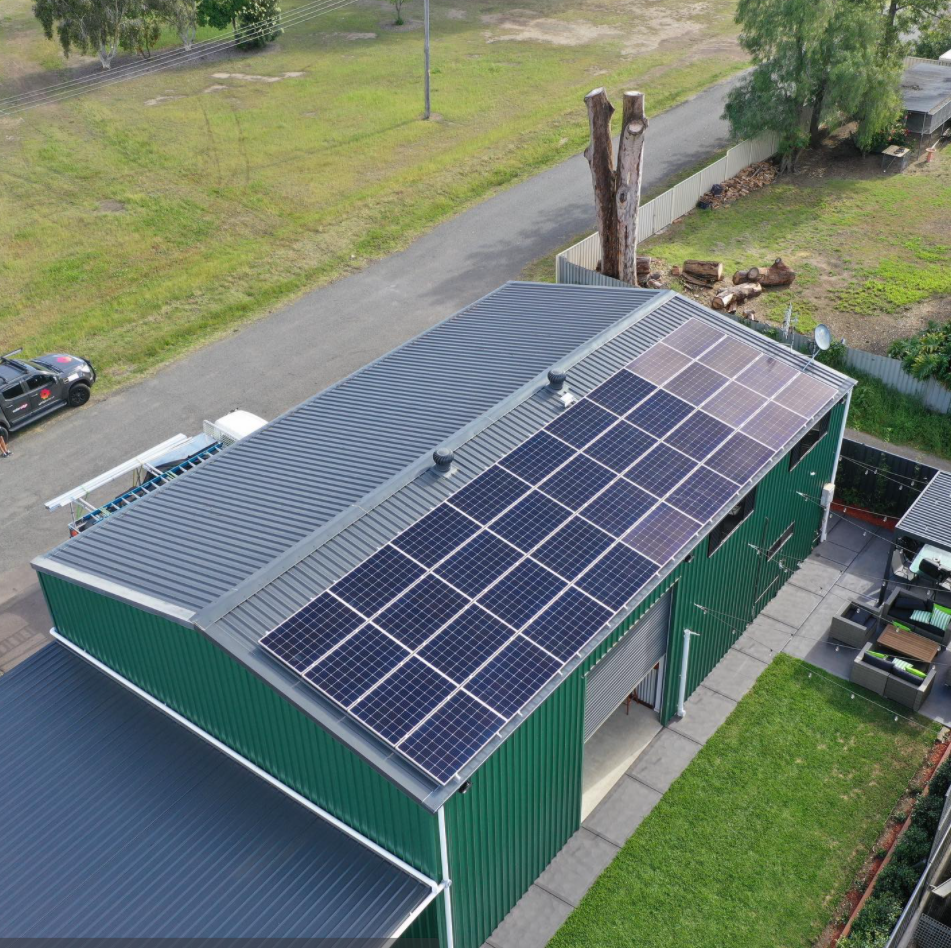
To determine the quality of the panel, the International Organization for Standardization (ISO) has developed a series of standards on quality and quality management that are included in ISO 9000 . Manufacturers of solar panels that have this certificate comply with quality standards . Although it is true that not having ISO 9000 does not indicate that it is a lower quality product, having this certificate is synonymous with quality.
As a general rule, most Australian brands of solar panels have a high-quality standard, especially those of German manufacture.
Finally, it is necessary to mention that high-quality solar panels are more expensive, but they ensure a production of 10% on average per year compared to lower-quality panels.
6. Durability of the solar panel
It measures the behavior of the panel in real conditions, that is, the probability of surviving throughout its useful life outdoors.
Snow and wind load are two of the factors that most affect durability in relation to others such as impacts due to their frequency. If snow is deposited on the plates, an extra load is generated that significantly increases the pressures on the surface of these. The better its durability and its behavior against these agents, the better it will withstand adverse weather effects.
7. Guarantees offered by solar panel manufacturers
The warranties are the perfect complement to the performance, quality, and durability of the panel. In the remote case that you experience problems after the installation of your solar panels for self-consumption, the guarantees offered by the manufacturers will cover your service and support needs.
25-year power production guarantee
Energy production decreases year by year. The greatest decrease occurs during the first year when the degradation of the solar panel is greatest. Most manufacturers offer an 80% production guarantee (general warranty) for the first 25 years. The higher this percentage the better.
The specific production guarantee ensures that production will not decrease more than 0.7% per year. The lower this degradation rate, the better.
Materials warranty
The materials warranty is a warranty that covers any defects associated with manufacturing, durability, and environmental conditions. Most manufacturers offer 12 to 15-year warranties. In some cases, these guarantees can be extended.
Be careful with the small print! Make sure if the warranties cover the shipping and labor costs associated with replacing a solar panel.
Difference between material guarantee and energy production guarantee
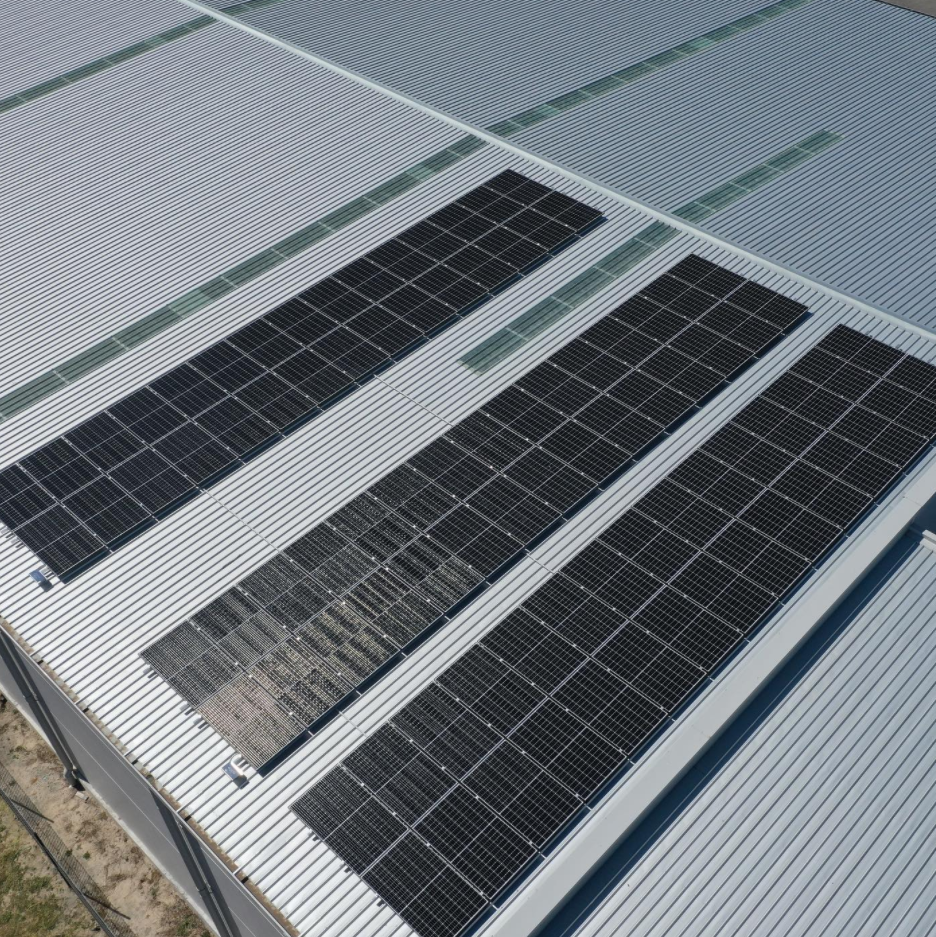
Separately, the material warranty covers 10 years and the production warranty for 25 years. But it is especially important to know how both guarantees work together.
The production warranty only applies to those panels that are operational and the material warranty ensures that the operational panels will not fail. However, in the unlikely event that they fail due to a manufacturing defect, that failure most commonly occurs while the materials warranty is active. From this moment on, the production guarantee becomes effective.
What is the corporate profile of panel manufacturers?
Apart from everything mentioned above, it is convenient to analyze the corporate profile of the manufacturer in question. Some of the questions that you should ask yourself are the following:
Does the manufacturer only make solar panels?
What is the manufacturer’s place of origin?
Do you offer direct assistance or outsource to third parties?
Do the guarantees have coverage that covers these in the event that the company closes?
Is it worth waiting for solar panels to have a higher performance?
Every few months, a manufacturer of photovoltaic solar panels announces that it has developed and markets the most efficient panel on the market. Many owners wonder if it is worth waiting for panels with higher performance than the current one.
Absolutely not, if you have enough space on your roof or deck to install solar panels. Today is the day you should switch to self-consumption! Every day that passes, is an opportunity to save loss.
Another article on this blog that might interests you:


